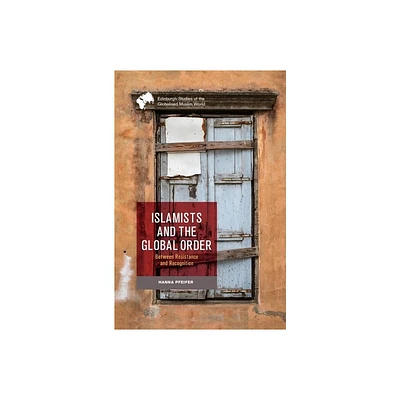Home
Intervention: Shaping the Global Order
Loading Inventory...
Barnes and Noble
Intervention: Shaping the Global Order
Current price: $75.00


Barnes and Noble
Intervention: Shaping the Global Order
Current price: $75.00
Loading Inventory...
Size: OS
*Product Information may vary - to confirm product availability, pricing, and additional information please contact Barnes and Noble
Intervention is a key concept for understanding global dynamics because of its presumed connection to international security. As the lone superpower, the United States, through military, economics, political, or diplomatic means, is largely responsible for structuring intervention choices—issues, debates, actions, and means—in the world community. Feste explores the implications of U.S. intervention in the unipolar framework by examining intervention policies, success, and failure in recent cases (the Gulf War, Panama, Haiti, Somalia, Rwanda, Bosnia, Kosovo, and Afghanistan), and learning experience outlined in alternative foreign policy doctrines. The U.S. intervention record during this period shows great variety in outcomes, not a patterned design nor a grand strategy. Most recent crises, she asserts, did not threaten world peace.
Post-Cold War U.S. intervention experience is compared with historical American involvement to understand when, where, why, and how often military contingents were sent abroad throughout the 20th century, alongside a timeline of intervention opportunities—defined as domestic and civil uprising in countries throughout the world—since the end of World War II. Among her conclusions: The United States has intervened for a variety of reasons—oil, terrorism, humanitarian assistance—but one factor, bad leadership in the target state, stands out. The United States increasingly, though not always, has turbaned to a multilateral strategy for intervention—seeking UN support, participating in multinational peacekeeping operations. The variety of intrastate crises and intervention responses coupled with superpower global obligations and the unipolar world structure means intervention will continue as a signficant, defining feature of international politics in the future.


















